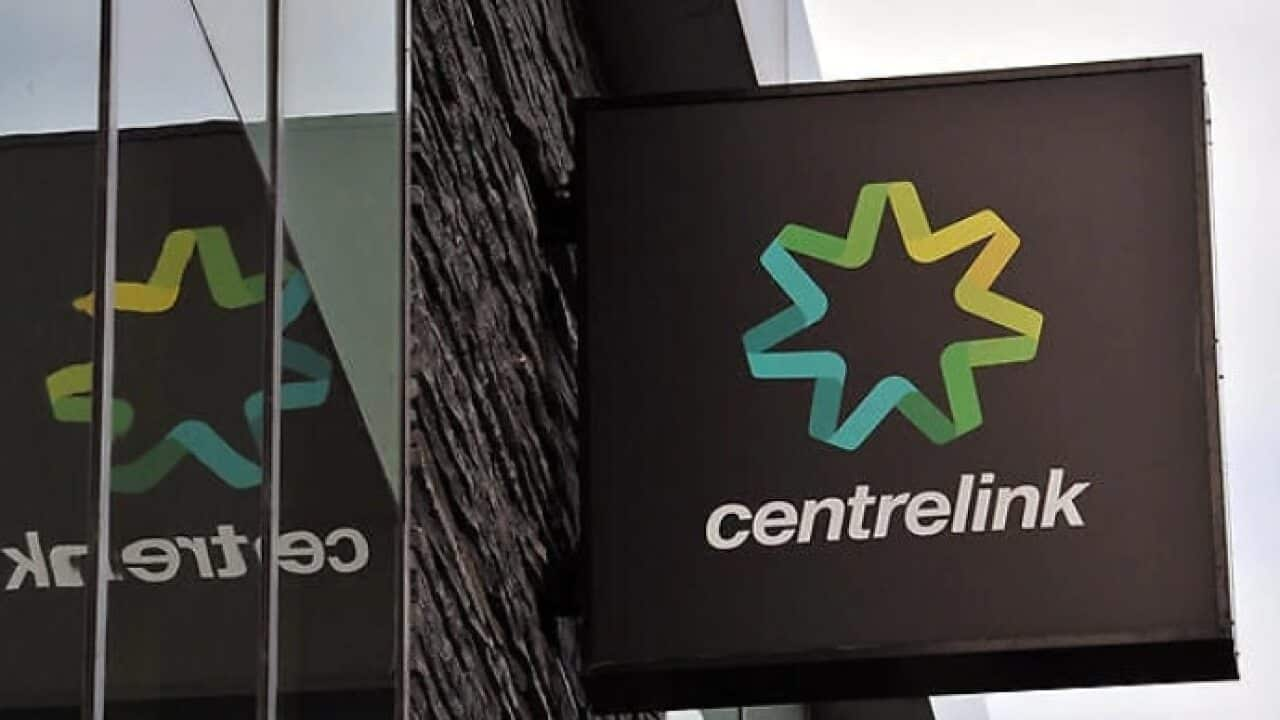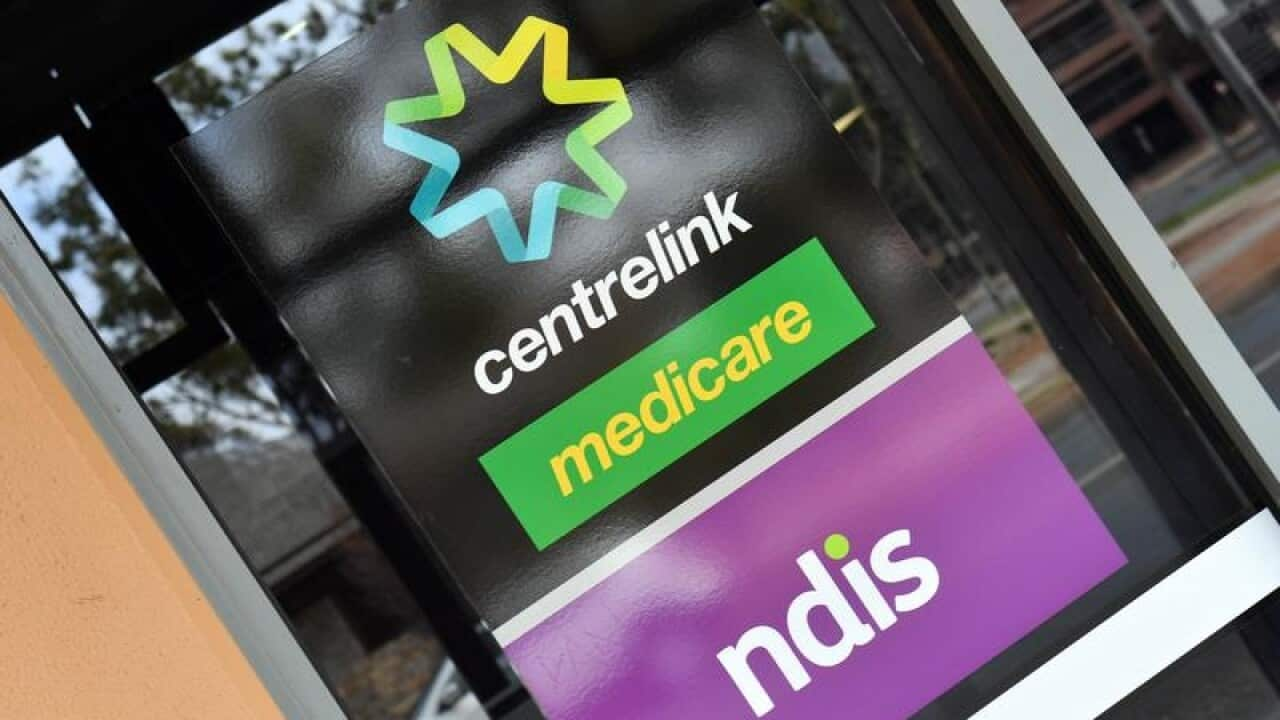Bill Shorten has warned a Federal Court decision against the so-called robo-debt automated recovery scheme could have systemic implications for hundreds of thousands of Australians.
The Australian Government on Wednesday conceded they acted unlawfully when raising a debt against 33-year-old Deanna Amato because Centrelink could not have been satisfied the amount was correct.
This decision comes after it reformed the controversial debt recovery system, which has used data-matching to determine payments owed. The opposition spokesperson for government services described the ruling as an “earthquake decision”.
The opposition spokesperson for government services described the ruling as an “earthquake decision”.

Bill Shorten says the decision to rule a "robo-debt" unlawful could have implications for thousands. Source: AAP
"This is not the end of the robo-debt matter because there will be hundreds of thousands of Australians who went through stress, trauma, administrative headache," he said.
"And if you believe some grieving families, it's been the cause of suicide."
Mr Shorten believes the Morrison government could owe Australians hundreds of millions of dollars in compensation because of the ruling.
“How long have they known that robo-debt was unlawful?" he said.
"How many people have received unlawful debt notices issued by this bandit government?"
A spokesperson for Government Services Minister Stuart Robert did not comment on the potential for future cases being brought against it.
“The Government has already taken action to strengthen the Income Compliance program,” the spokesperson said.
“We will not be discussing the legal position pending further publicly-announced litigation.” Victorian woman Deanna Amato was ordered to pay back $2754 to the Department of Health and Human Services, which runs Centrelink, and her tax return of $1709 was seized.
Victorian woman Deanna Amato was ordered to pay back $2754 to the Department of Health and Human Services, which runs Centrelink, and her tax return of $1709 was seized.

Bill Shorten says the debt recovery scheme has taken a significant personal toll on victims. Source: AAP
When Victorian Legal Aid took her case to the Federal Court, she was paid back the amount taken from her tax return.
Her debt was determined using the practice of debt averaging - where an average fortnightly income is calculated based on a person’s annual tax return figure.
This can cause errors for people who work on a casual or part-time basis, and those only on welfare payments for part of the year.
"I had my money refunded to me, but I hope that others who have paid dodgy debts will also have a way to get their money back," Ms Amato said.
Last week the Morrison government announced it was winding back the robo-debt scheme, saying it would no longer raise debts based only on debt-averaging.
People who have received notices based on this system will have their debts reviewed, and the scheme also faces a potential class-action lawsuit.
A spokesperson for Mr Robert said the ruling does not affect the Government’s use of data matching: “between income reported to DHS and that reported to the ATO to seek clarification of income whilst receiving a welfare payment.”
"We will continue to use income averaging as part of a range of options to ask a welfare recipient to engage with DHS if there is a discrepancy," the spokesperson said.
Mr Shorten said the robo-debt scheme had taken a costly personal toll.
“There were vulnerable people some of whom their mental health conditions were exacerbated,” he said.
“This government needs to know that you don't have a right to... demonise them, stigmatise them, treat the poor and the vulnerable as easy marks for your extortion practices.”
The Morrison government said every year taxpayers foot the bill for around $111 billion in social security payment and deserve to have compliance with the system.
“Compliance activity will continue for past and future welfare payment recipients where there is a reason to believe they have been overpaid,” the spokesperson said.
With additional reporting from AAP













